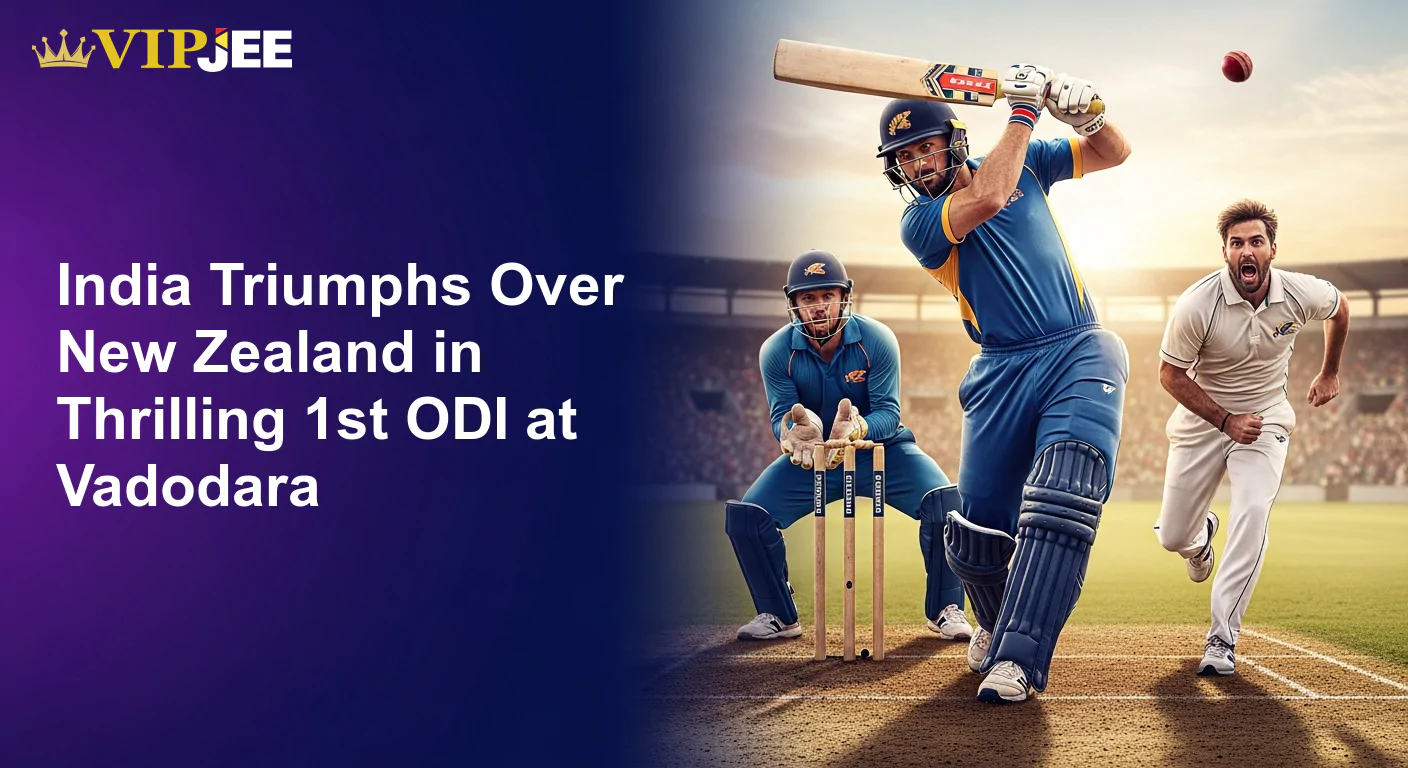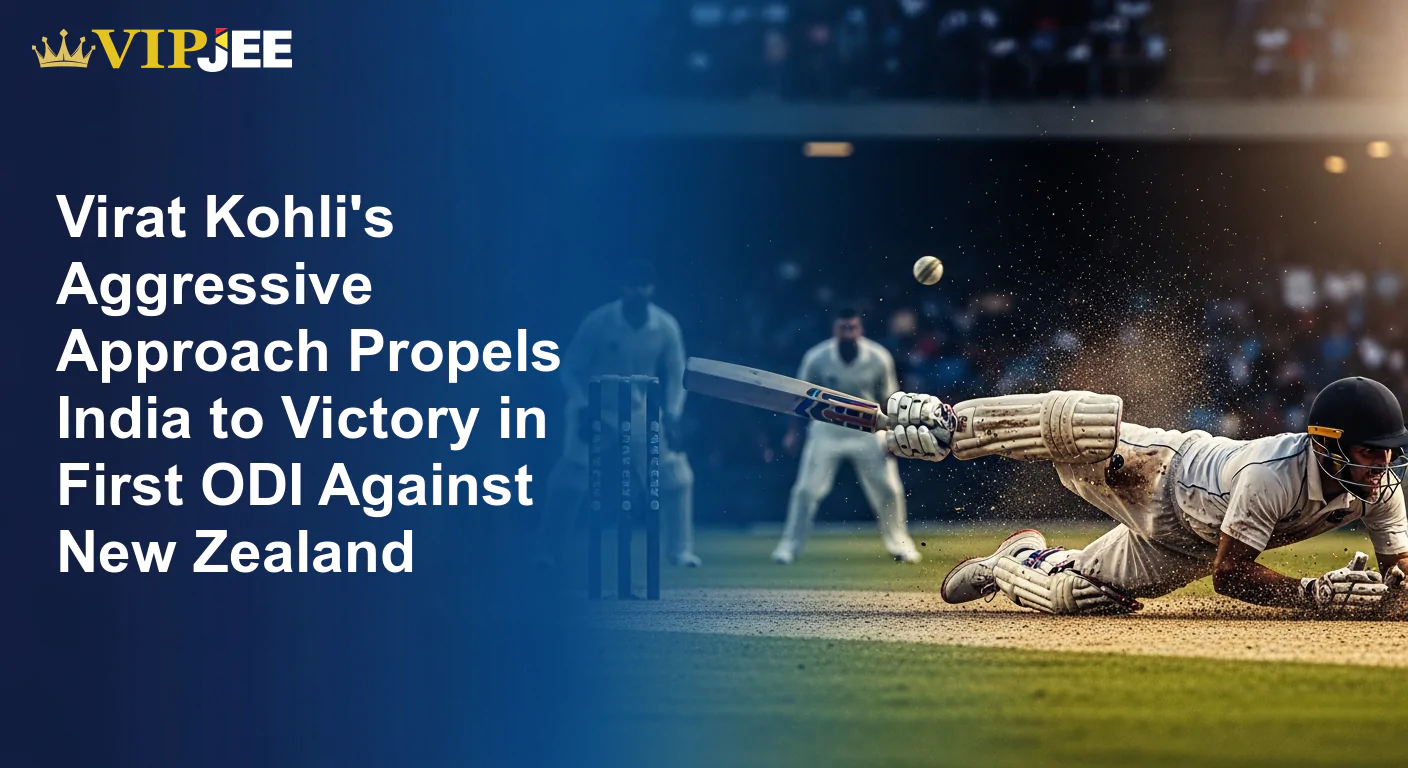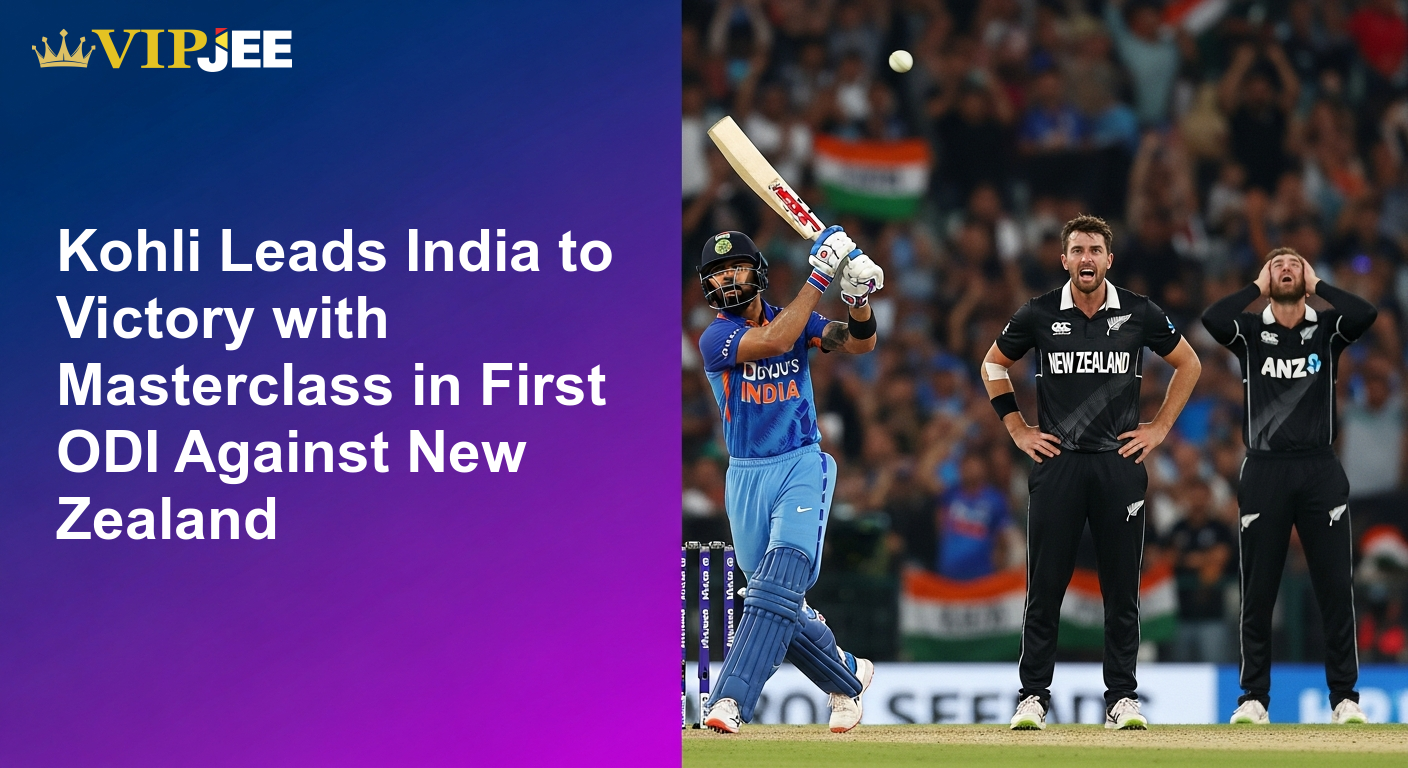Introduction – Why the Olympic Dream Matters for Kabaddi
Kabaddi has soared in popularity across South Asia and beyond. Fans ask is kabaddi in Olympics as they see the sport grow in the Pro Kabaddi League and at the Asian Games. Olympic inclusion would give kabaddi a global platform, more funding, and wider recognition. This article examines its Olympic status, the hurdles it still faces, and how it performs at major events like the Asian Games.
Kabaddi World Cup 2025 Schedule, Teams, India Squad & Live Updates
What Is Sport Kabaddi? A Beginner’s Guide to Rules & Terms
Is Kabaddi in Olympics – The Current Status
Has Kabaddi Ever Been in the Olympics?
Photo courtesy of Hindustan Times.
Kabaddi has never been an official Olympic sport. However, it did appear in an exhibition role on the sidelines of the 1936 Berlin Games. A 35‑member team from India’s Hanuman Vyayam Prasarak Mandal was invited to demonstrate several traditional sports—including kabaddi, kho kho and mallakhamb—before the Games formally began. These displays were not recognized as official “demonstration sports” by the IOC, so no medals counted toward any country’s tally. Still, the performers received honorary awards from Adolf Hitler for their skill and cultural significance
Demonstration Sports vs Official Events
A demonstration sport showcases local favorites at the Games without awarding official medals. To date, kabaddi has not been invited as a demo. Official events require a minimum number of national federations and global reach.
Olympic Recognition – Where Kabaddi Stands Now
The International Olympic Committee (IOC) recognizes sports through their global bodies. Olympics Kabaddi’s global federation, the International Kabaddi Federation (IKF), is working toward full IOC recognition but must meet strict criteria on governance and worldwide member nations.
Why Kabaddi Is Not in Olympics – Key Reasons Explained
Photo courtesy of SportsKeeda.
Limited Global Participation
Most Olympic sports have national federations in 75+ countries. Kabaddi’s core strength lies in South Asia, with fewer than 40 national bodies worldwide. This narrow base slows IOC acceptance.
Infrastructure and Standardization Challenges
Olympic sports need uniform rules and standardized equipment across all levels. While Olympics kabaddi rules are set, variations in playing surface (indoor mat vs grass), team size, and tournament formats create hurdles for global standardization.
Olympic Requirements Kabaddi Must Meet
The IOC demands:
- Global membership (both genders) in 75+ countries
- World Championships held regularly with broad participation
- Clear governance, anti‑doping, and athlete support systems.
These are the main reasons why kabaddi is not in olympics yet. I needs to have global and streamlined recognition among other countries inside and outside Asia.
Olympics Kabaddi – A History of International Play
Photo courtesy of Olympics.
Kabaddi at the Asian Games
Kabaddi made its debut at the Asian Games in 1990, instantly becoming one of the most watched events. Initially, only men’s teams took part, but women’s kabaddi joined in 2010. Over the years, eight nations have competed in the men’s event and six in the women’s, including heavyweights like India, Iran, Pakistan, Bangladesh, South Korea and Japan.
India stood atop the podium in every men’s edition from 1990 to 2014, thanks to its deep talent pool and well‑honed skills. In 2018, Iran broke that streak by winning gold in Jakarta, showing how other countries have caught up.
The Games are held every four years, and each edition adds new teams and wider coverage, helping olympics kabaddi reach millions across Asia.
Pro Kabaddi League’s Global Reach
Since its launch in 2014, the Pro Kabaddi League (PKL) has changed the face of professional kabaddi. Modeled on top‑tier cricket leagues, it features city‑based franchises, player auctions, and prime‑time TV slots.
In Season 1, the league was broadcast in ten countries; by Season 8, that number grew to over 25, including markets in Europe and the Middle East. PKL introduced foreign players from countries like Kenya and England, raising the sport’s profile and inspiring new fan bases.
With colorful team jerseys, live score graphics and expert commentary in multiple languages, PKL has set a template for kabaddi’s international growth—and shown the IOC that kabaddi can attract a global TV audience.
Kabaddi World Cup Events
Kabaddi’s World Cups have followed two formats: circle style and standard indoor kabaddi. The first Circle Style World Cup took place in 2010 in Punjab, India, drawing eight teams from Asia and Europe.
Matches were played outdoors on grass, giving a nod to the sport’s rural roots. In 2016, a Standard Style World Cup was held in Chennai, featuring 16 teams and indoor arenas. Each event crowns a champion through pool play and knockout rounds, mirroring Olympic tournament setups.
While these World Cups are not IOC‑sanctioned, they bring together national teams from every continent, push federations to meet high standards, and build a case for kabaddi’s inclusion on the world stage.
What Is Needed to Make Kabaddi an Olympic Sport?
Expanding Beyond South Asia
Kabaddi must launch development programs in Africa, Europe, and the Americas. Grassroots camps, school leagues, and friendly matches can spark new federations.
Governing Body Support
The IKF and national federations need to unify rules, host qualifiers on each continent, and establish transparent governance in line with IOC charter.
Promoting in New Regions
Hosting exhibition matches at multi-sport events like the Commonwealth Games or Pan American Games can build interest among non‑Asian audiences and federations.
A long demonstration and global recognition is needed to answer the question, is kabaddi an olympic sport.
Is Kabaddi an Olympic Sport in the Future – Expert Views
Possible Timeline
Many experts believe kabaddi could make its Olympic Kabaddi debut in the 2030s, if progress continues. The first step is gaining full IOC recognition, which the International Kabaddi Federation (IKF) aims to secure by 2028.
If successful, kabaddi might appear as a demo sport at the 2034 Asian‑hosted Games and then join the main Olympic roster at the 2036 or 2040 Summer Games. This timeline gives federations time to expand global membership and standardize rules, meeting the IOC’s requirement for sports to be practiced by men and women in at least 75 countries.
Demo Sport Debut
History shows new sports often appear as demonstration events before full inclusion. Baseball, taekwondo and karate each followed that path. Kabaddi’s best chance may come at an Olympics held in Asia–Pacific, where local interest runs high.
A demo event would let athletes showcase kabaddi skills on the Olympic stage—perhaps in Tokyo 2032 or Seoul 2036—and prove the sport’s appeal to a global audience. Success as a demo sport could fast‑track kabaddi’s acceptance into the official program. So, is kabaddi an olympic sports? Who knows? Soon the world will recognize it.
Official Statements
- IKF President’s Road Map
In a 2023 address, the IKF chief outlined plans to launch new continental qualifiers in Africa and Latin America by 2026, securing the global reach the IOC demands.
- IOC Liaison Comments
An IOC delegate in 2024 noted kabaddi’s growing fan base and said, “We welcome sports with strong youth engagement. Kabaddi has shown remarkable growth in digital viewership.”
- Asian Olympic Council Support
The OCA has included kabaddi in every Asian Games since 1990. Its Secretary‑General confirmed in 2022 that the council will keep backing Olympics Kabaddi’s bid, highlighting its success as a continental sport.
These expert views show a clear path forward: build global federations, secure demo spots at multi‑sport events, and maintain strong governance. If kabaddi continues on this track, the why kabaddi is not in Olympics may soon be answered with “Yes, it is!”
Table – Asian Games Kabaddi Teams & Performance
Below is a summary of men’s kabaddi medal winners since 1990, illustrating which kabaddi league players and national teams dominate the Asian Games stage:
| Year | Host City | Gold Medal | Silver Medal | Bronze Medal |
| 1990 | Beijing | India | Bangladesh | Pakistan |
| 1994 | Hiroshima | India | Bangladesh | Pakistan |
| 1998 | Bangkok | India | Pakistan | Bangladesh |
| 2002 | Busan | India | Bangladesh | Pakistan |
| 2006 | Doha | India | Pakistan | Bangladesh |
| 2010 | Guangzhou | India | Iran | Pakistan & Japan |
| 2014 | Incheon | India | Iran | South Korea & Pakistan |
| 2018 | Jakarta | Iran | South Korea | Pakistan & India |
| 2022 | Hangzhou | India | Iran | South Korea & Pakistan |
Men’s kabaddi at Asian Games shows India’s historic strength—nine golds out of ten editions—with Iran breaking through in 2018.
TL;DR – Quick Summary of Olympics Kabaddi Status
- Not Yet Olympic: Kabaddi has never been an official Olympic sport or even a demonstration sport.
- Main Hurdles: The sport faces challenges due to its limited global participation (mostly strong in South Asia), lack of standardized infrastructure and rules worldwide, and the need to meet strict IOC requirements (e.g., national federations in 75+ countries, clear governance, anti-doping systems).
- Current Global Presence: Kabaddi is a prominent sport at the Asian Games (where India has historically dominated, with Iran emerging as a strong contender) and has seen increased global visibility through the Pro Kabaddi League and Kabaddi World Cup events.
- Path to Inclusion: For Olympic inclusion, kabaddi needs to expand beyond South Asia, develop more national federations globally, unify its rules, and strengthen its governing body (IKF) to meet all IOC criteria.
- Future Outlook: Experts are optimistic that kabaddi could debut as a demonstration sport in the 2030s, potentially at an Asian-hosted Olympics, with a full official sport status possible after that if progress continues.
Message from the Author!

Hi! This is Ravi, for more detailed guides about betting and money-making in games, follow me on my Social Media!
Let us grow and be wise everyday!
“If a man from humble beginnings gets rich, he will carry his umbrella at midnight”
FAQ – Top Questions on Kabaddi and the Olympics
Has kabaddi ever been in the Olympics before?
No. It has never appeared, even as a demonstration sport. The sport needs a global recognition to be called and recognized as an Olympics Sport.
When will kabaddi be added to the Olympics?
Kabaddi is not currently an Olympic sport, and there’s no confirmed date for its inclusion. While it’s immensely popular, especially in South Asia, it hasn’t yet met all the criteria set by the International Olympic Committee (IOC). There’s significant hope and ongoing efforts from the International Kabaddi Federation (IKF) to get it included, with some discussions pointing towards the 2036 Summer Olympics, particularly if a country like India wins the bid to host. With all this in line and all talks has been done, there will be a answer to why kabaddi is not in Olympics.
What steps has the IKF taken to promote Kabaddi’s Olympic inclusion?
The International Kabaddi Federation (IKF) is proactively working towards kabaddi’s inclusion in the Olympic Games by focusing on several key areas. They are actively expanding the sport’s global footprint by increasing the number of participating countries and establishing national federations, a crucial step to meet the IOC’s reach requirements. The IKF is also standardizing rules globally to ensure fair play and consistency, while simultaneously raising the sport’s profile through major international competitions like the Kabaddi World Cup and supporting successful professional leagues such as India’s Pro Kabaddi League. These efforts, combined with direct engagement with the IOC and national Olympic committees, aim to demonstrate kabaddi’s growing popularity and adherence to international sports standards, ultimately strengthening its bid for future Olympic recognition.
Why kabaddi is not in Olympics despite being popular in India?
Olympic rules require broad global membership and uniform standards, which kabaddi is still developing. Why kabaddi not in olympics has many factors to consider before it will be on the highlight of the event.
What needs to happen for kabaddi to become an Olympic sport?
Expand national federations in new regions, unify rules, hold global qualifiers, and meet IOC governance and anti‑doping criteria.
Why kabaddi is not in Olympics?
Kabaddi is not part of the Olympics due to a lack of global popularity and standardized rules across different countries. Is Kabaddi an olympic sports? Only time will tell.
Are there any efforts to include kabaddi in the Olympics in the future?
There have been discussions about including kabaddi in the Olympics, but no concrete plans have been made yet.
What are the requirements for a sport to be included in the Olympics?
Sports must meet certain criteria such as having a recognized international federation, widespread popularity, and a large number of participating countries.
How popular is kabaddi on a global scale?
Kabaddi is popular in countries like India, Bangladesh, and Iran, but it lacks the widespread popularity needed to be included in the Olympics.
Are there any international competitions for kabaddi outside of the Olympics?
Yes, there are international kabaddi tournaments such as the Kabaddi World Cup and the Asian Kabaddi Championship.
What steps can be taken to increase the chances of kabaddi becoming an Olympic sport?
Promoting the sport in more countries, standardizing rules and regulations, and increasing participation at the grassroots level can help kabaddi become an Olympics Kabaddi sport.
Has kabaddi ever been considered for inclusion in the Olympics?
Kabaddi has been discussed as a potential Olympic sport in the past, but it has not yet been included in the games.
What are the benefits of including kabaddi in the Olympics?
Including kabaddi in the Olympics can help promote the sport on a global scale, increase participation, and inspire more athletes to take up the sport.
How can fans of kabaddi show their support for the sport to be included in the Olympics?
Fans can support kabaddi by attending matches, following international tournaments, and promoting the sport on social media.
Is there a specific organization responsible for promoting kabaddi on the international stage?
The International Kabaddi Federation (IKF) is the governing body for kabaddi on a global scale and works towards promoting the sport internationally. This will create more fanbase and awareness of other countries about the sport. It might get the Olympics Kabaddi a traction to a global and international scale sport.
Are there any challenges that kabaddi faces in becoming an Olympic sport?
Challenges include overcoming language barriers, cultural differences, and lack of infrastructure for the sport in certain countries.
Have any Olympic committees shown interest in including kabaddi in the games?
Some Olympic committees have shown interest in kabaddi, but a collective effort from multiple countries and organizations is needed to make it a reality.
What are some of the unique aspects of kabaddi that could make it an exciting addition to the Olympics?
The fast-paced nature of the sport, physicality, and team dynamics make kabaddi a thrilling sport that would appeal to a global audience.
What can kabaddi enthusiasts do to support the growth of the sport and increase its chances of becoming an Olympic sport?
Enthusiasts can support local clubs, encourage youth participation, and advocate for the inclusion of kabaddi in more international competitions to help promote the sport on a global scale.
Final Thoughts – The Road to Olympic Inclusion
The question is kabaddi in Olympics remains unanswered—but the sport’s growth in the Pro Kabaddi League and dominance at the Asian Games show its promise. With strategic expansion, unified rules and strong federation support, olympics kabaddi stands a real chance to earn a spot on the world’s biggest athletic stage. Stay updated on this journey at VIPJEE, South Asia’s trusted sports authority.





